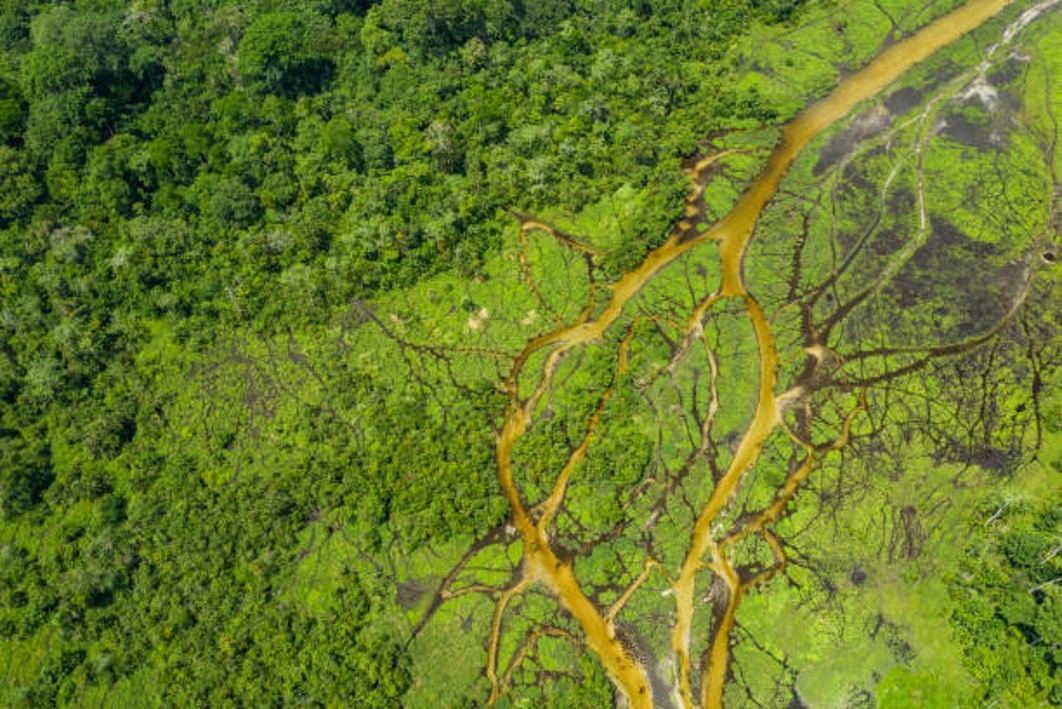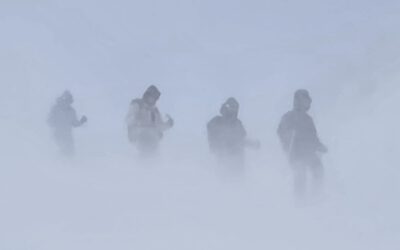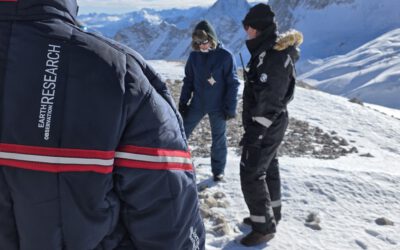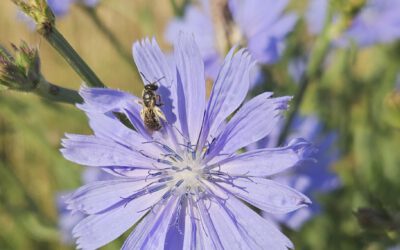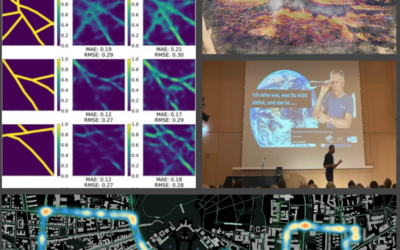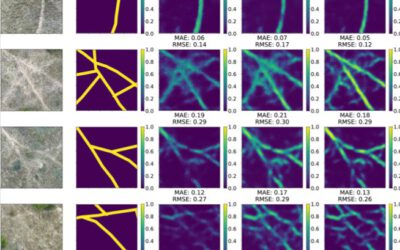We are exited that our new project “Earth observation in Africa: Capacity building for the conservation of ecosystems and their services (EOCap4Africa)” has recently started. The project is funded by the Federal Agency for Nature Conservation (BfN) with means of the Federal Ministry for the Environment, Nature Conservation, Nuclear Safety and Consumer Protection (BMUV).
The aim of EOCap4Africa is strengthen the capacities of future conservation managers in the application of information generated by remote sensing for the protection and sustainable use of ecosystems, with a focus on wetlands and their services. We develop a curricular in close cooperation with African partners from the university sector. The idea is to spread knowledge about the potential of remote sensing data via students of relevant courses and to increase its application in the medium term. In addition, the project is pursuing an approach in which senior and junior scientists and practitioners are integrated into the EO work at the African partners. On the one hand, this is intended to ensure professional excellence in the development of the module, on the other hand, the capacities of young scientists are increased and the exchange of knowledge and experience is promoted.

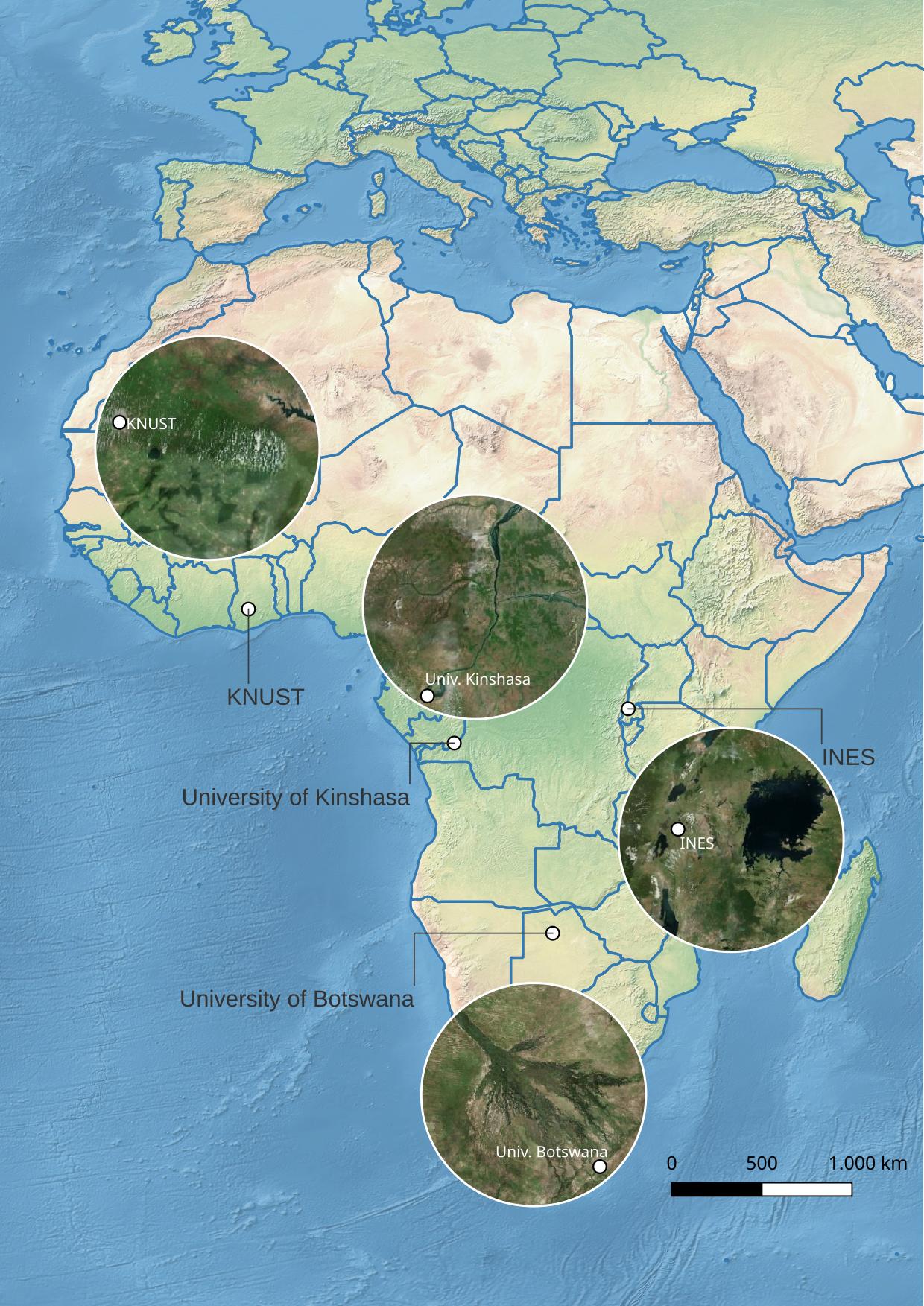
In EOCap4Africa we cooperate with four partner institutions in Africa, namely the Kwame Nkrumah University of Science and Technology in Kumasi (Ghana), the University of Kinshasa (DR Congo), the Institute of Applied Science in Ruhengeri (INES; Rwanda) and the University of Botswana in Gaborone/Maun (Botswana) as shown on the map on the left. In addition to our African partners we also cooperate with the German Aerospace Center and the Martin-Luther-University of Halle/Wittenberg.


